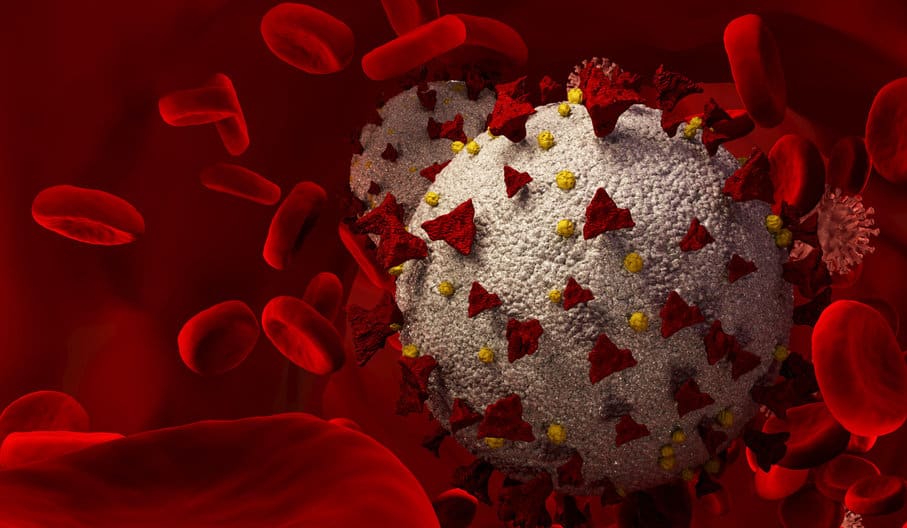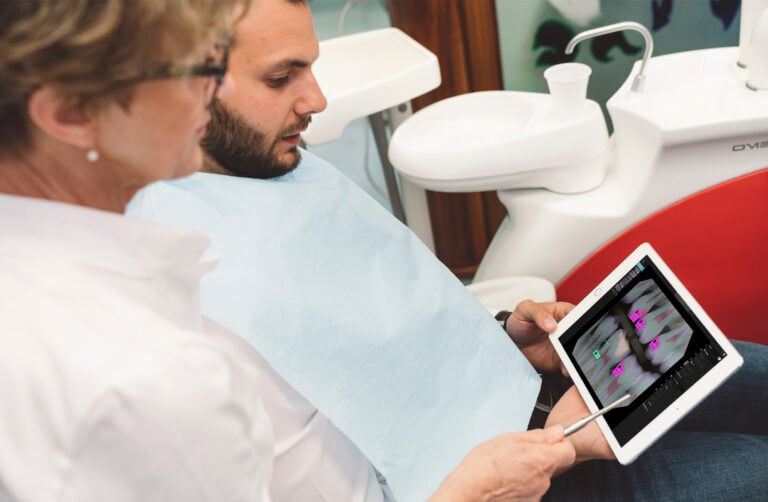What is the Omicron Variant and What Parents Should Know
1. The Omicron variant is spreading fast.
As of January 2022 – only one month after the variant was first detected in the U.S. – Omicron accounts for about 98% of all new COVID19 cases in the country.
Omicron is much more contagious than prior COVID19 variants, including Delta. One reason for this may be the variant’s high number of mutations in the spike protein. This can help it evade immunity or a body’s built-up protection to the virus. Experts at the CDC expect that anyone with Omicron infection can spread the virus to others, even if they are vaccinated or don’t have symptoms.
2. Children are being affected by Omicron.
Because Omicron is highly contagious, more and more people are becoming infected with COVID19 including children.
Parents may take comfort in the fact that Omicron does not appear to cause more severe illness in children than prior variants. In general, children are still at lower risk for severe illness from COVID19 than adults.
Children with chronic underlying conditions can be more susceptible to severe infection with COVID in general and you should discuss vaccination with your pediatrician. Children can also spread the virus to others who are at high risk. Lastly, we’re still learning about possible long-term effects of COVID19 – even from mild COVID19 infection. For these reasons, it’s important to take steps to reduce the risk
of infection.
3. We’re still learning about Omicron.
Each new variant, like Omicron, varies in how contagious it is and how virulent (harmful) it may be. Each variant can affect the immune system differently and change how effective vaccination is against infection.
Researchers are still working to uncover how the Omicron variant behaves and how it responds to a person’s built-up immunity. We still don’t know how severe the effects of Omicron are. Some studies suggest this variant may cause less damage to the lungs and has a lower risk of hospitalization.
There is evidence that prior COVID19 infection may not give a person protection against the Omicron variant. There are also more breakthrough cases with Omicron; meaning, cases where people are vaccinated but still contract the virus.
4. Symptoms of Omicron in children are similar to past variants.
With the increased spread of COVID19, it’s important to watch for any symptoms of infection. In general, symptoms of Omicron in children remain similar to symptoms caused by prior variants. COVID19 symptoms in children can include:
Fever (at least 100°F), Chills, Congestion or runny nose, Cough, Diarrhea, Fatigue, Headache, Muscle or body aches, Nausea or vomiting, New loss of taste or smell, Shortness of breath or trouble breathing, Sore throat.
If your child starts to show COVID19 symptoms, contact your primary care provider for guidance. If your child tests positive, isolate to prevent the spread of the virus.
Most children have mild illnesses and can recover at home. However, watch for the following warning signs that your child requires emergency care:
- Trouble breathing.
- Persistent pain or pressure in the chest.
- New confusion.
- Inability to wake or stay awake.
- Pale, gray, or blue-colored skin, lips, or nail beds, depending on skin tone.
- Signs of dehydration (dry mouth, no tears, decreased urination) or inability to take liquids by mouth.
5. There are ways you can help protect your family from Omicron and future variants.
- Make an educated decision for you and your family regarding COVID19 vaccination.
- As new variants of the virus continue to emerge, parents and children should take additional steps to reduce the spread of infection.
- Mask up and make sure to use high quality, well-fitting masks.
- Keep hands clean by washing or sanitizing.
- Avoid crowds when possible.
- Get tested if you show any symptoms.
- Stay home when sick.
- Stay informed– utilize trusted and reliable sources such as your PCP for direction and more information.
If you are going to see high-risk individuals during the Omicron surge, take extra precautions to keep them healthy. Try to limit your exposure ahead of seeing them, wear masks when in public, and get a test if you suspect any exposure to the virus.







